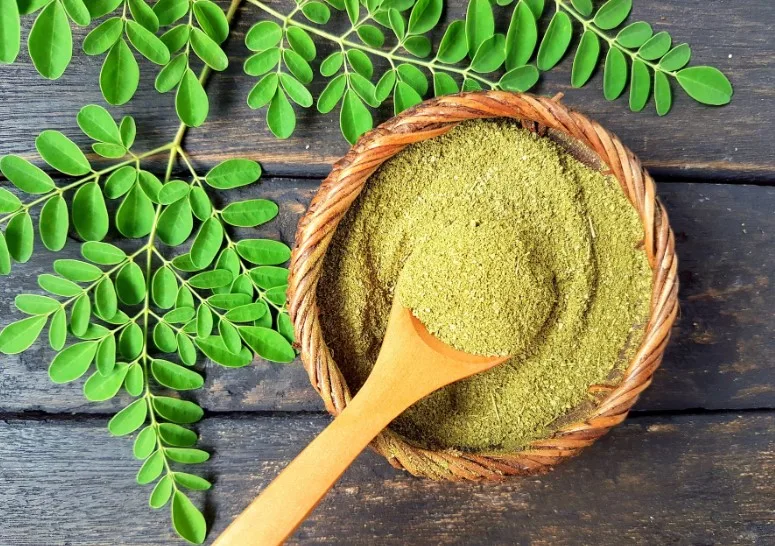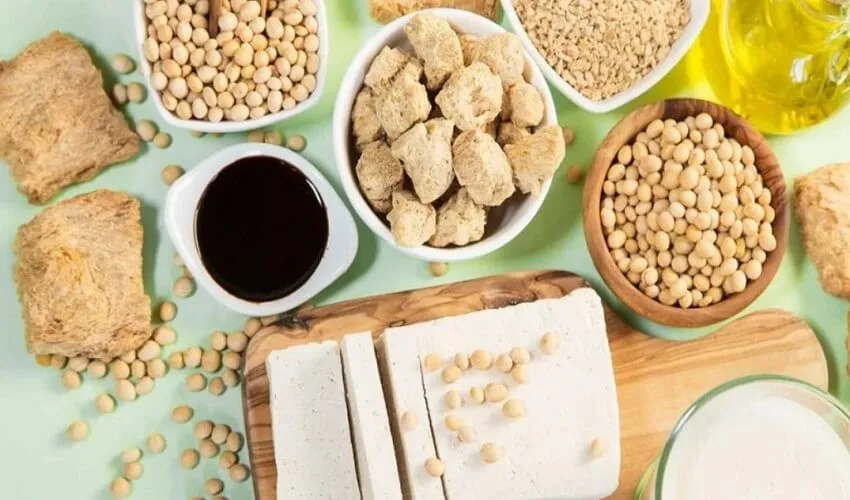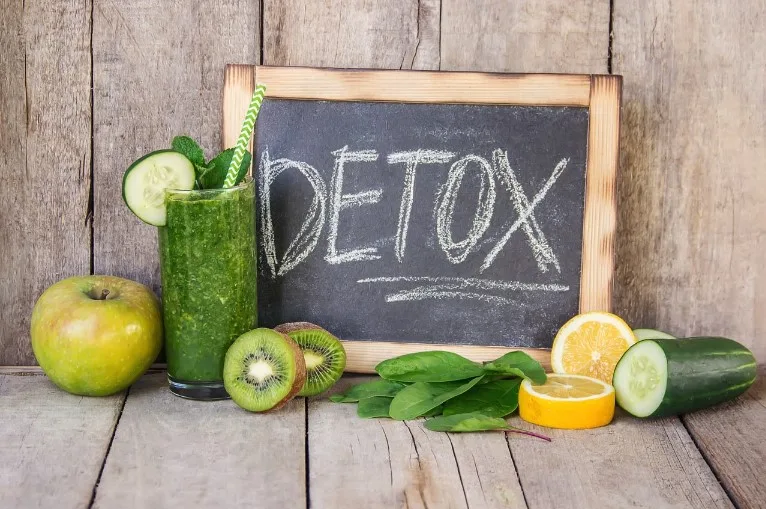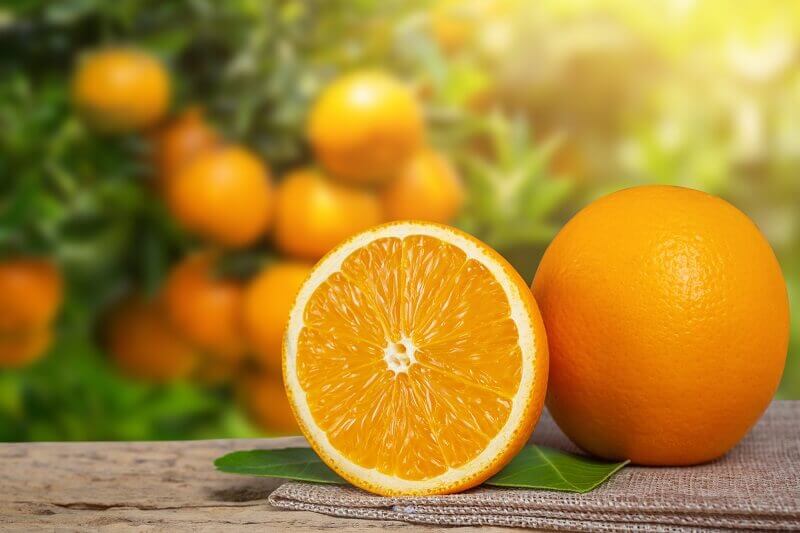Combining the expertise of a dietician with that of an exercise physiologist is the goal of sports nutrition. Whether you’re an avid exerciser or a competitive athlete, consulting a sports nutritionist can be crucial. Due to the complexity of the field, these professionals have a high demand for specialization. Some experts in sports nutrition are only good at one sport.
Understanding the fundamentals of nutrient metabolism, psychology, exercise physiology, and how people use energy during various activities is one area of expertise for sports nutritionists.
Advantages of a Healthy Diet
Eating a well-balanced, healthy diet has a lot of short- and long-term advantages. It makes your immune system stronger; you’ll get sick less often and feel better faster when you do. A healthy eating plan gives you more energy, makes it less likely that you’ll get hurt, and helps your muscles heal faster when you do. Additionally, you will experience less muscle soreness in response to strenuous exercise. Lastly, it makes it possible for you to concentrate in a more concentrated manner, making your mind much more effective.
Children and adolescents require the nutrients they need to properly develop (physically and mentally) and require a high-quality diet. Additionally, it aids in preventing injuries to them. They need to consume foods that are low in unsaturated fats and high in nutrients, vitamins, and minerals. Avocado, olive oil, and nuts are all examples of “good fats.” Sugar, excessive salt, and foods high in saturated fat should be avoided at all costs. For the child athlete, here are several other excellent snack ideas.
Eating before Exercise
It is essential to consume the food before exercising. It’s not a good idea to skip meals before working out because you might feel sick or dizzy. Complex carbohydrates are needed by the body to provide energy for exercise, and once inside the body, they are broken down into glucose. They make the fuel you need to burn more energy by traveling to the muscle cells. You will have glucose available to fuel you throughout your exercise time if you consume carbohydrates approximately an hour before your workout. You might feel tired, and unmotivated, and find it harder to leave the house without that boost of energy. Dried fruit, granola bars, oatmeal, or crackers are all good carbohydrate snacks to have before a workout.
A protein snack about an hour before your workout is also a good idea, especially if you plan to do exercises that build muscle. Protein aids muscle growth and development. Try not to eat meat or other high-protein foods before a workout. Eat a handful of nuts, some Greek yogurt, a glass of milk, or a boiled egg for a small, digestible snack.
Eating after Exercise
To maintain a stable blood sugar level after exercise, you must eat. Helping your muscles recover from the workout and replenishing the glycogen, electrolytes, and calories that you lost during the workout are also important. 15 to 60 minutes after your activity, have a snack. Eat a proper meal after approximately two hours of waiting. Once more, try to include protein and complex carbohydrates in your diet. Protein consumption will need to increase for serious athletes.
Stay Hydrated
Since only water, milk, and 100% fruit juice will properly hydrate the body, staying hydrated means only drinking water, milk, and fruit juice. Naturally, drinking a lot of water is important; your daily water intake should be somewhere between 64 and 80 ounces. In addition, try to consume two to three glasses of skim or low-fat milk each day. Due to the high sugar content, consume no more than four to six ounces of fruit juice per day. Sports drinks are acceptable if you plan to exercise for more than an hour. Need to know about sports nutrition details, just check this blog, World Informs!





